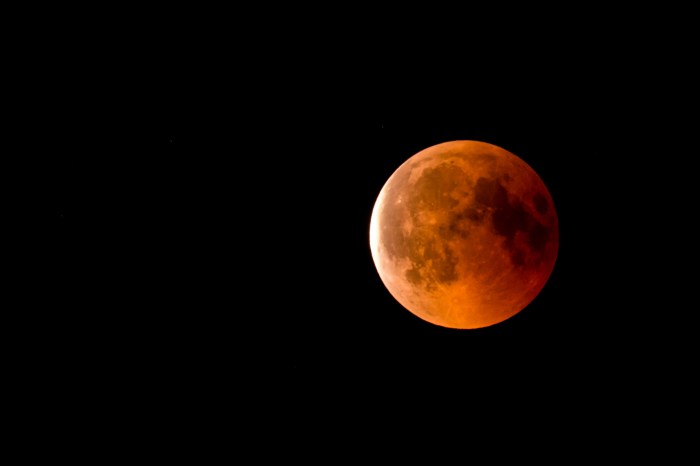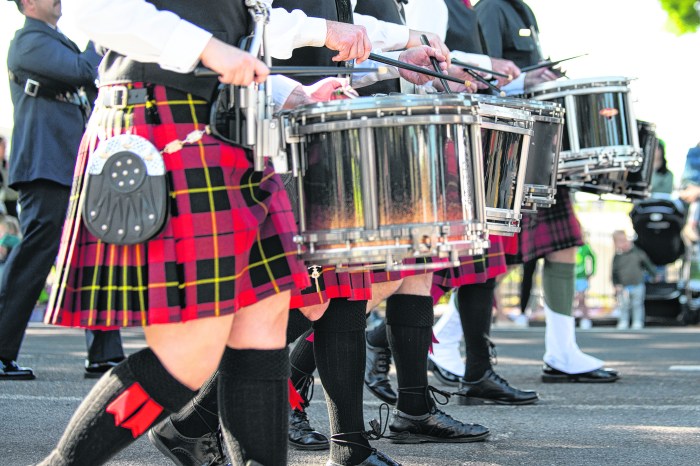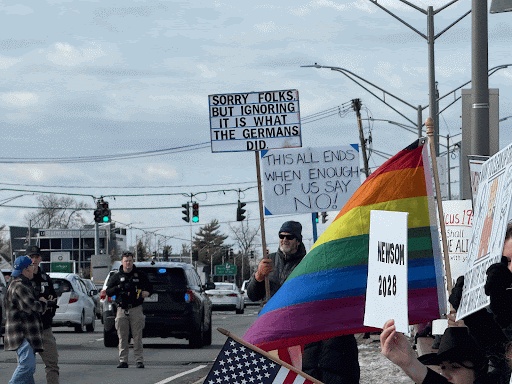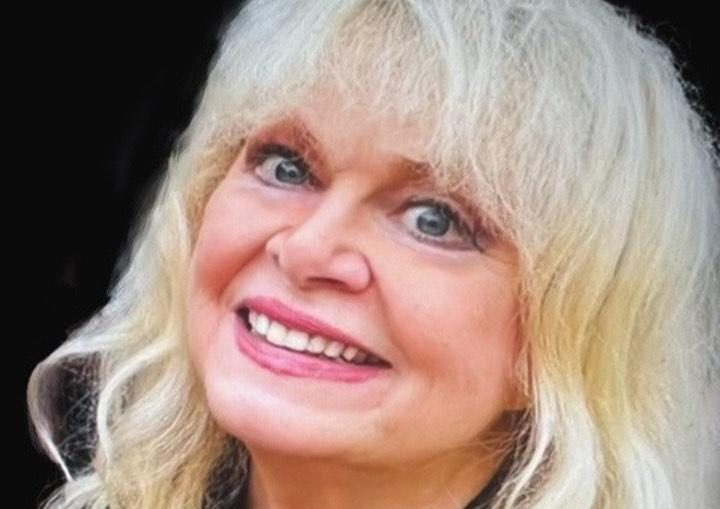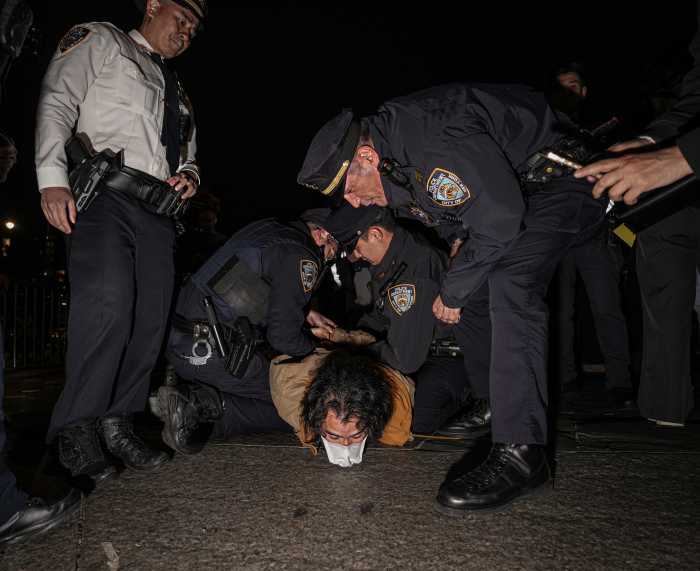President Donald Trump’s contested executive order blocking Muslim immigrants and Syrian refugees from entering the United States faces its most serious challenge yet when an appellate court in San Francisco hears arguments on Tuesday—a possible prelude to a fight in front of the U.S. Supreme Court.
This legal round comes after more than a week of protests and court rulings that have been unfavorable to the Trump administration. On Friday, a federal court judge hearing a suit in Seattle brought by Washington State Attorney General Bob Ferguson ordered the travel ban temporarily halted. (Tuesday’s hearing will be livestreamed at 6 p.m. ET.)
In the days since, scores of prominent technology companies, including Facebook, Netflix and Apple, have added their voice to the chorus of critics calling Trump’s travel ban unconstitutional.
More than 100 tech firms filed an amicus brief characterizing Trump’s order as detrimental both to the business community, which relies heavily on skilled immigrants, and on America’s status as a land that welcomes immigrants and refugees. Similar legal briefs have been filed by 16 attorneys general including New York AG Eric Schneiderman, the American Civil Liberties Union, law professors representing more than 100 colleges and universities, and a bipartisan group of ex-government and national security officials.
The tech companies’ brief spelled out the benefits of lifting the travel ban—and the damage that its continued imposition could do to America’s economy.
“Immigrants make many of the Nation’s greatest discoveries, and create some of the country’s most innovating and iconic companies. Immigrants are among our leading entrepreneurs, politicians, artists, and philanthropists,” the brief states. “The experience and energy of people who come to our country to seek a better life for themselves and their children—to pursue the ‘American Dream’—are woven throughout the social, political, and economic fabric of the Nation.”
Trump’s executive orders “is inflicting substantial harm on US companies,” the brief says. “It hinders the ability of American companies to attract greater talent; increases costs imposed on business; makes it more difficult for American firms to compete in the international marketplace; and gives global enterprises a new, significant incentive to build operations—and hire new employees—outside the United States.”
The legal brief was signed by some of the leading names in technology: Apple, Facebook, Microsoft and Google. The list also includes Twitter—ironically, Trump’s preferred mode of communication to the masses—and Uber, the ride-sharing company that drew criticism recently for trying to take advantage of an hour-long protest by taxi drivers who boycotted John F. Kennedy International Airport to express their opposition to the travel ban.
That an American industry reaping huge profits is taking a political and legal stand against a contested federal policy is surprising.
The tech firms’ brief noted that many Fortune 500 companies were founded by immigrants or by their descendants, with the most notable example being Apple’s Steve Jobs, who was the son of a Syrian immigrant.
“The tremendous impact of immigrants on America—and on American business—is not happenstance,” the brief states. “People who choose to leave everything that is familiar and journey to an unknown land to make a new life necessarily are endowed with drive, creativity, determination—and just plain guts. The energy they bring to America is a key reason why the American economy has been the greatest engine of prosperity and innovation in history.”
Also filing an amicus brief were 16 attorneys general. Among their arguments is that the order directly harms their states’ educational institutions by “preventing and dissuading scholars from coming to our institutions.” New York State has 320 undergraduates affected by Trump’s new measures.
The brief was filed before a three-member panel appeals court in San Francisco, where the government is arguing against the temporary halt to Trump’s so-called “Muslim ban” that US District Judge James L. Robart had ordered in Seattle on Friday. In its court filing, the government said that President Trump has broad authority on immigration, and that this specific ban is not based on religion.
Friday’s decision forced the government to immediately suspend week-old measures banning immigration from seven majority-Muslim nations—excluding Saudi Arabia, where Trump has business interests—and a refugee resettlement program. The president responded by mocking Judge Robart, appointed by President George W. Bush.
The opinion of this so-called judge, which essentially takes law-enforcement away from our country, is ridiculous and will be overturned!
— Donald J. Trump (@realDonaldTrump) February 4, 2017
What is our country coming to when a judge can halt a Homeland Security travel ban and anyone, even with bad intentions, can come into U.S.?
— Donald J. Trump (@realDonaldTrump) February 4, 2017
Because the ban was lifted by a judge, many very bad and dangerous people may be pouring into our country. A terrible decision
— Donald J. Trump (@realDonaldTrump) February 4, 2017
It’s unclear how long it will take for the panel of appellate judges to render a decision.
Trump’s travel ban has inspired persistent protests across the country, including at airports where many travelers were detained. Some of those denied entry had already been approved to travel to the United States or were holding green cards or student visas. Near-daily demonstrators included one that attracted hundreds outside Rep. Peter King’s office Friday evening, waving signs and chanting “No hate, no fear, refugees are welcome here!”
On Monday night in Manhattan, 20 rabbis were arrested for protesting against the anti-Muslim ban at Trump International Hotel and Tower at Columbus Circle after they blocked traffic.
The American Civil Liberties Union registered its own complaints via an amicus brief that criticized the government for discriminating on the basis of religion.
“The order is motivated by bias against Muslims, as confirmed by the President’s own public statements, as well as the absence of any rational justification for the categorical exclusion of individuals from the seven identified nations or the complete ban on refugees from around the world,” the ACLU’s brief says.
In another sign of wide-spread opposition against the Trump administration’s action, a group of former government officials, including former Secretary of State Madeleine Albright, the CIA’s Leon Panetta, the NSA’s Michael Hayden, former National Security Advisor Susan Rice, former Secretary of Homeland Security Janet Napolitano, and former Secretary of State John Kerry, said the absence of a specific threat does not justify such a travel restriction.
“We view the Order as one that ultimately undermines the national security of the United States, rather than making us safer,” they said in their legal filing.
During his campaign, Trump promised he would ban all Muslims from entering the United States regardless of their origin. Later, he backtracked under pressure, and said he supports only “extreme vetting” measures.
Trump and his aides have defended the ban as necessary to protect the country. But the two top Trump advisers who reportedly crafted the sweeping travel measure—Stephen Bannon and Stephen Miller—have a long history of promoting Islamophobia, courting anti-Muslim extremists, and boosting white nationalists, according to Mother Jones.
Even the conservative Cato Institute and the non-partisan Triangle Center on Terrorism and Homeland Security, based at Duke University, have confirmed that no citizen from any of these seven countries targeted by the Trump administration has carried out any terrorist attacks on domestic soil leading to the deaths of any Americans.





